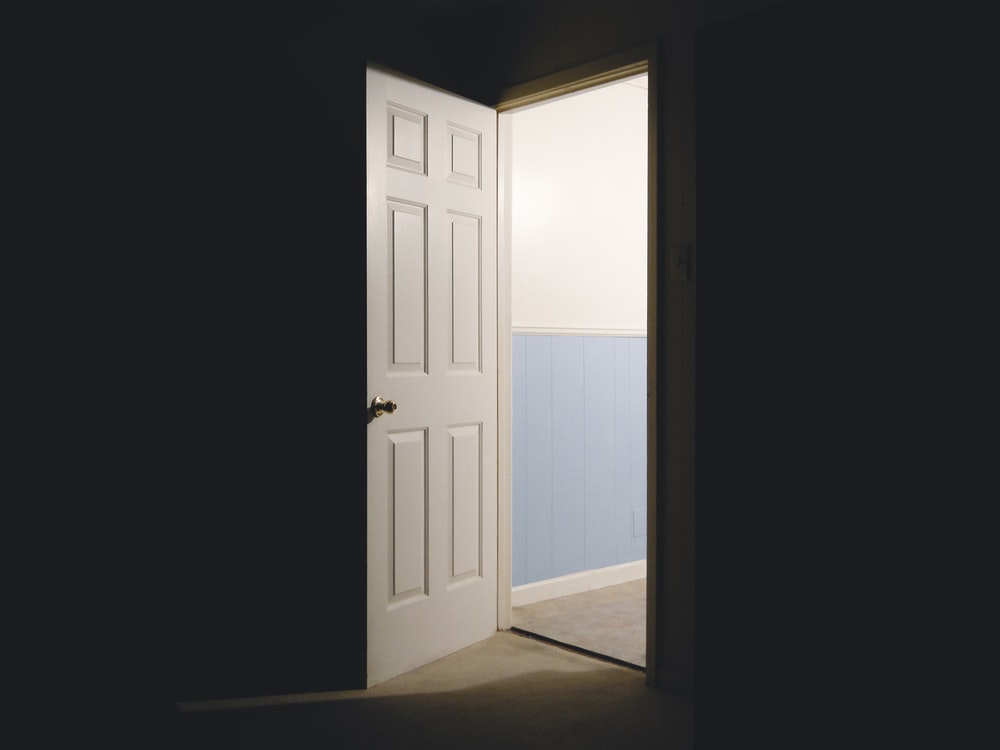Wake Up, Heart

חנון המרבה לסלוח/Hanun hamarbeh lisloah. “Blessed are You … Who forgives graciously and abundantly.” The Amidah’s next petition, after seeking the power of penitence, is for God’s forgiveness. The connection to the previous blessing is obvious: repentance begins a process that culminates in pardon. First teshuvah, then sliha. The Talmud [Megillah 17b] indicates this natural… Read more »








